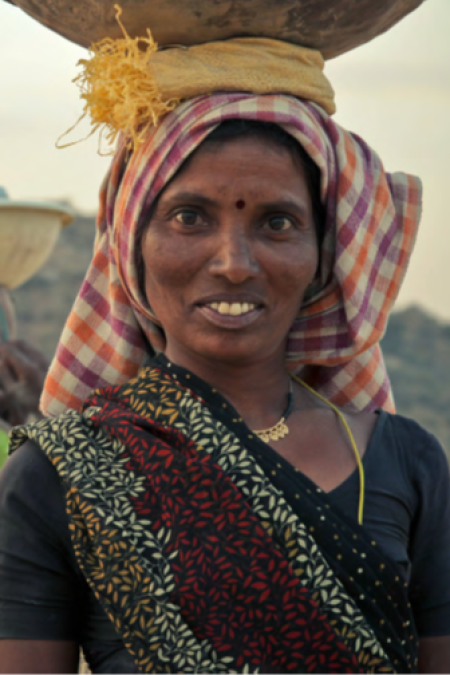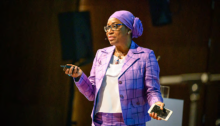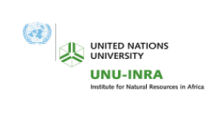Just Transitions

Towards a fair and sustainable future for all
The global effort to tackle climate change and shift towards sustainable living has highlighted the pressing need for a “just transition” - a plan to protect individuals who may face negative consequences as a result of the transition. However, this is not just about protecting those affected; it also presents a unique opportunity to address social injustices and promote greater equality. As we strive for a more sustainable future, it is crucial that we prioritize fairness and ensure that all individuals have a voice in the transition.
Climate change is not just a technical or environmental problem; it is also a social and economic challenge that demands social and economic solutions. As such, any efforts to address climate change must necessarily consider issues of poverty and vulnerability. It is impossible to address climate change in isolation from these complex social issues. In order to be truly effective, climate change action must be accompanied by a commitment to tackling poverty and promoting greater social equity.
To solve the problems of climate change we need to be able to look at the cultural diagnosis and solutions. The receptiveness of how people are going to take on our scientific solutions will depend entirely on the people’s imprints in those solutions.
Highlights

Interview Dr. Fatima Denton
In order to address the pressing challenges of the climate emergency, it is essential that we prioritize the concept of a “just transition” for those communities in Africa that are most vulnerable to its impacts. By empowering these individuals to share their experiences and perspectives, we can bring their voices to the forefront of the global debate. This means creating more inclusive spaces where diverse voices are heard and valued, and where the unique needs of these communities are taken into account. To achieve this goal, it is important to produce a strong evidence base that includes real-life examples of what a just transition could look like, and what solutions may be needed. Ultimately, democratizing the issue of climate change and widening the conversation to include a diversity of perspectives is key to achieving a more equitable and sustainable future for all. Read the complete interview with Dr. Fatima Denton

Dare to Share Knowledge Consortium (DtoSKC)
To achieve sustainability for all, including vulnerable groups, we must address interconnected challenges in food, energy, and cities. This requires a multidisciplinary approach that incorporates ongoing learning and systems thinking to tackle cross-cutting issues and achieve multiple outcomes simultaneously.
In 2023, Utrecht University and the United Nations University Institute of Natural Resources in Africa (UNU INRA) will join forces to create the Dare to Share Knowledge consortium aimed at fostering a collaborative learning platform for tackling complex socio-economic challenges, commonly referred to as poly-crises. These challenges cut across various sectors and pose a threat to humanity’s survival. The consortium, known as DtoSKC, will leverage the collective knowledge and resources of its members to develop sustainable solutions that benefit all segments of society.

